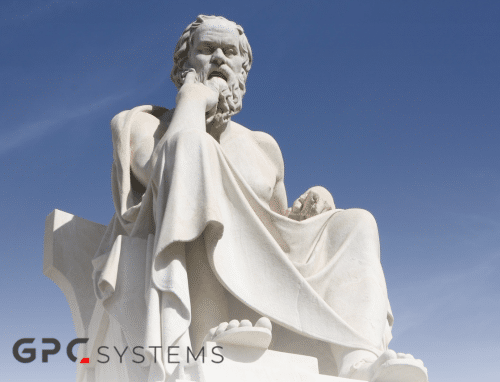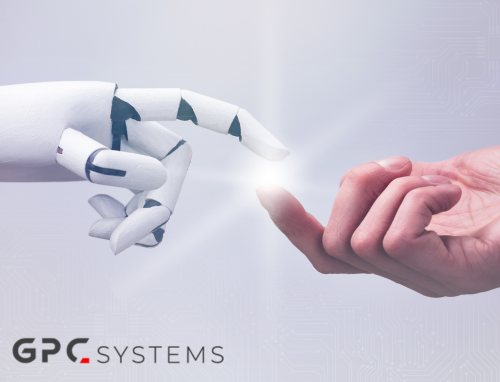
The Dance of Democracy: From Ancient Greece to the Age of AI
Once upon a time, in the sun-soaked lands of ancient Greece, a new idea began to take root—one that would shape the future of humanity for centuries to come. This idea, revolutionary in its simplicity yet profound in its implications, was democracy: the notion that power should not rest in the hands of a single ruler, but in the collective will of the people. The cradle of this concept was Athens, where citizens gathered in the agora to debate, vote, and steer the course of their city-state.
As centuries passed, democracy evolved, traversing the globe and adapting to new societies and challenges. It reached the shores of the United Kingdom, where it found fertile ground in the Magna Carta, the English Civil War, and the Glorious Revolution. These historical milestones laid the foundation for a modern democracy where Parliament, elected by the people, would govern in the interests of the nation.
In the UK, democracy is not just a political system but a way of life, embedded in the very fabric of society. It manifests in the right to vote, freedom of speech, and the rule of law—principles that ensure every voice can be heard and every person can participate in shaping their future. Over the years, the UK has seen democracy expand and become more inclusive, with the extension of suffrage to women and the lowering of the voting age. It is a system that has been continuously refined, challenged, and defended.
But now, in the 21st century, democracy stands at a new crossroads. The rise of artificial intelligence (AI) presents both opportunities and challenges that the ancient Greeks could never have imagined. The same technology that powers our smartphones, recommends our next binge-watch, and helps us navigate traffic is now intertwined with the democratic process. AI, with its vast capacity to process information and predict outcomes, is becoming a silent yet influential player in politics.
Imagine this: a young woman in Manchester receives a personalised political ad on social media. The ad resonates with her deeply, speaking to her concerns about climate change and economic inequality. She’s moved to share it with her friends and family, perhaps even changing a few minds along the way. But what she doesn’t realise is that this ad was crafted by an AI algorithm, which analysed her online behaviour, identified her political leanings, and tailored the message just for her.
This is the new reality of democracy in the age of AI. Political campaigns now harness AI to target voters more effectively, while governments use it to analyse vast amounts of data for policy-making. AI’s ability to influence public opinion is growing, but with it comes the risk of manipulation. The line between genuine public sentiment and AI-curated reality can blur, raising ethical questions about transparency, accountability, and the very nature of free will.
However, AI’s influence isn’t solely negative. It also holds the potential to enhance democracy by making the political process more accessible and responsive. Imagine an AI-powered system that allows citizens to engage with their representatives in real-time, or one that helps identify and prioritise the most pressing issues based on public input. In this way, AI could democratise information, giving more people a voice in the decisions that affect their lives.
But with great power comes great responsibility. The UK, a bastion of democracy, must now navigate the delicate balance between leveraging AI for the public good and safeguarding against its potential to undermine democratic values. As with any tool, the impact of AI on democracy will depend on how it is used—and who controls it.
As we stand on the cusp of this new era, it’s worth remembering the lessons of history. Democracy has always been about more than just voting; it’s about ensuring that power remains in the hands of the people, not just the privileged few. In the age of AI, this principle is more important than ever. We must ensure that AI serves as a tool to empower citizens, not to control or deceive them.
The story of democracy is far from over. As we move forward, it will continue to evolve, shaped by new challenges and opportunities. But one thing remains constant: the belief that every person’s voice matters, and that together, we can build a better future. The dance of democracy, from the agoras of ancient Greece to the digital platforms of today, is one we must all take part in—ensuring that it remains a force for good in a world where AI is becoming an ever-present partner.
Join us here at GPC weekly as we explore Ai and current trends.




